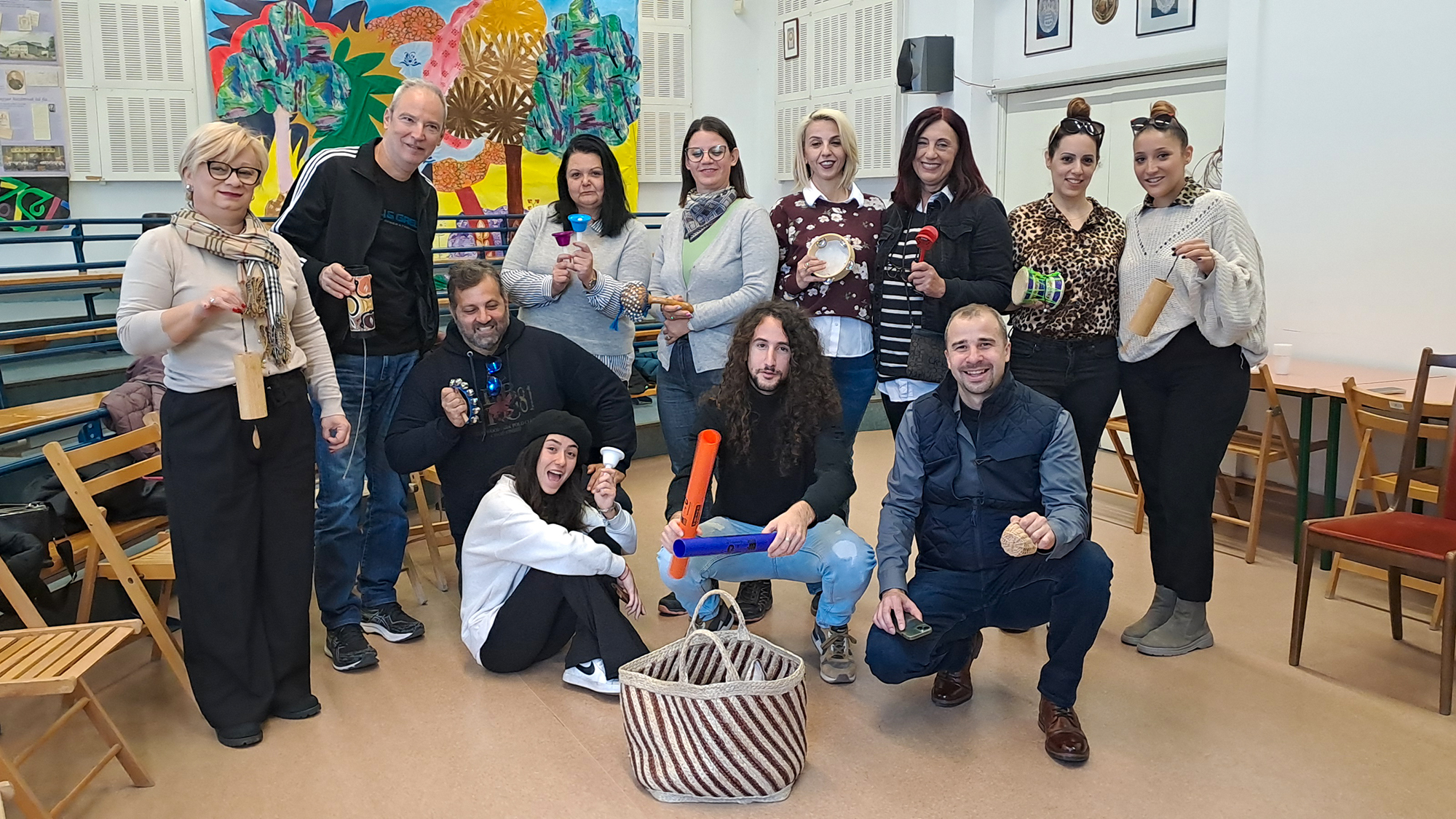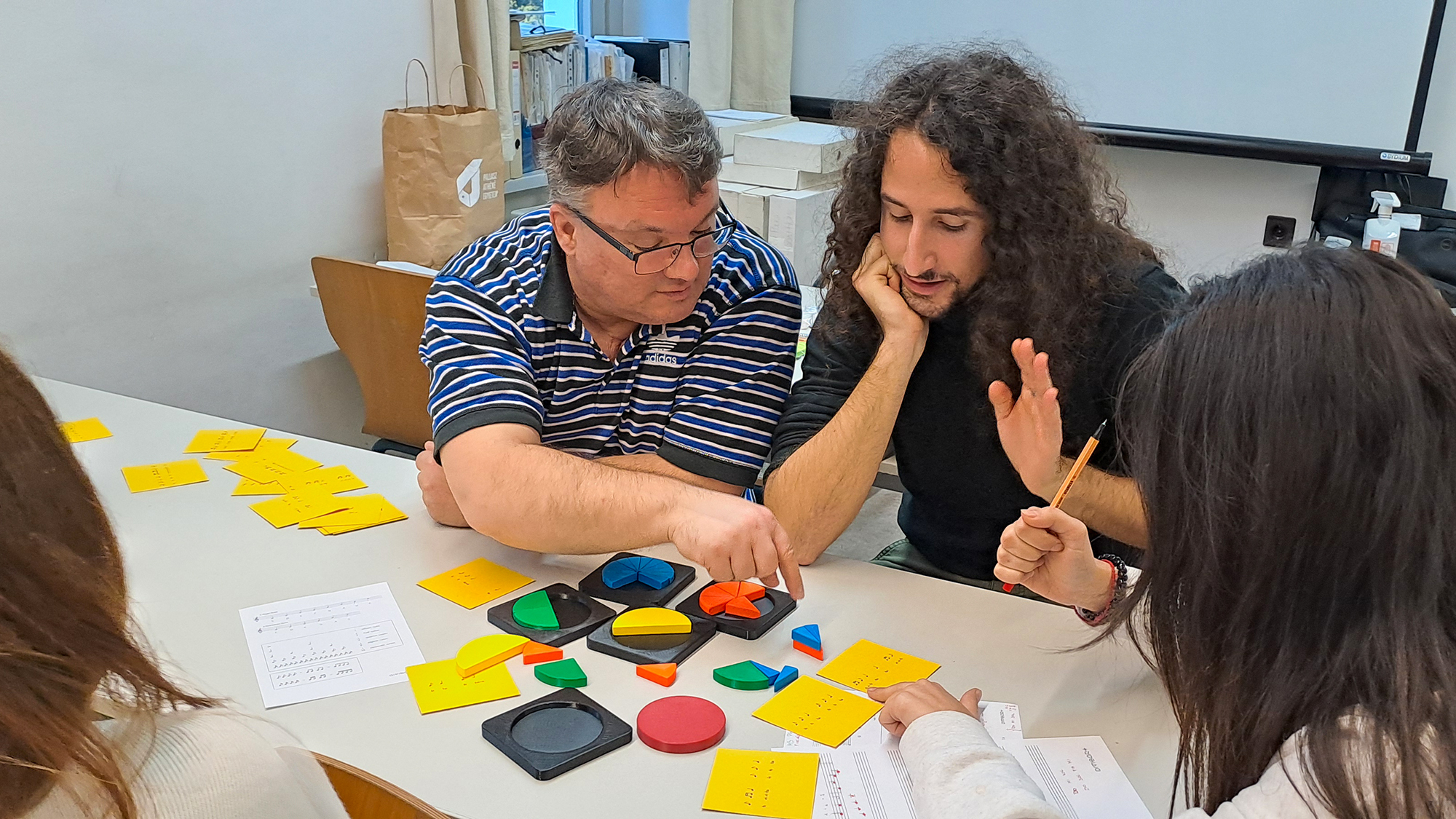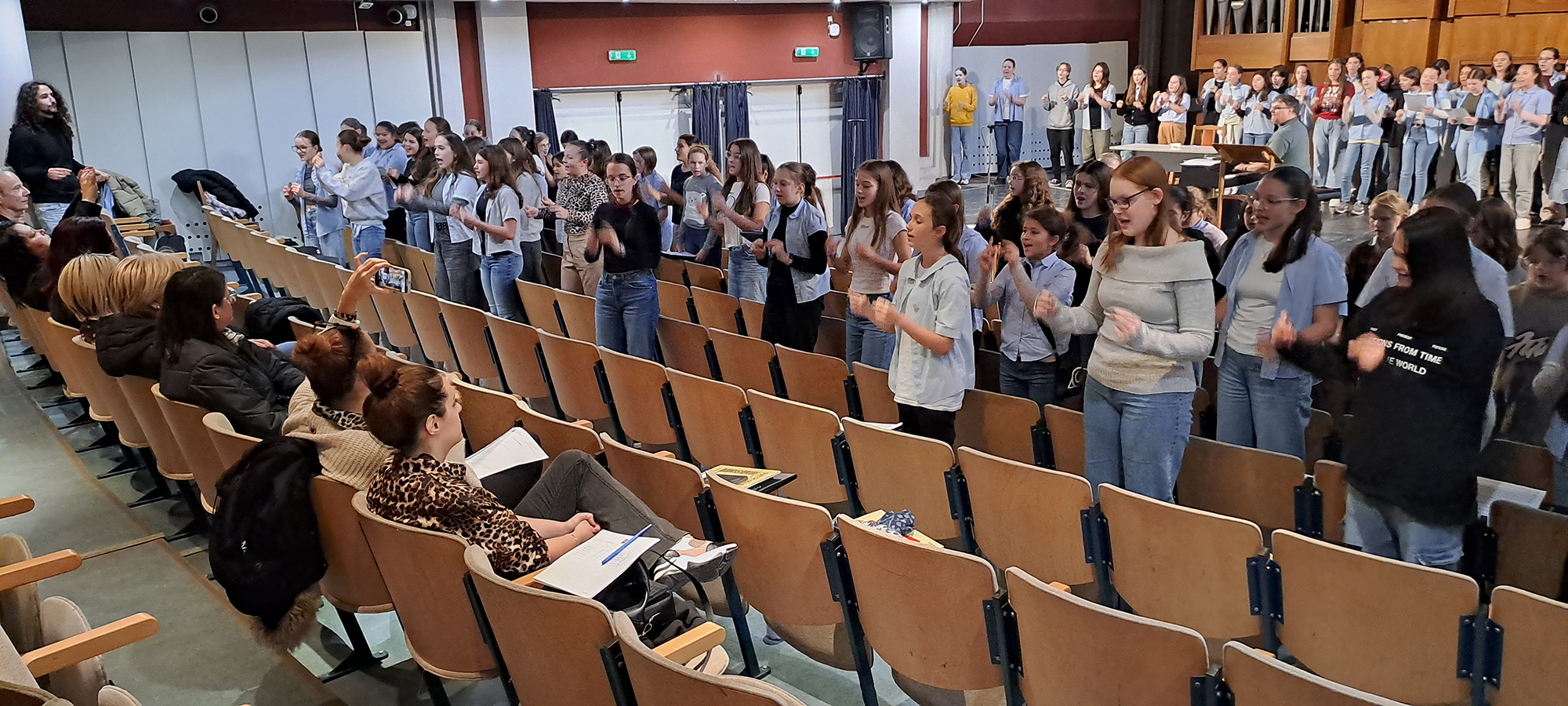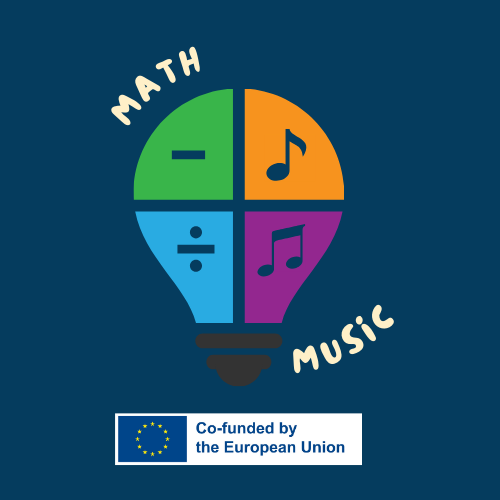One of the key outcomes of the week was working on a comprehensive teaching guide designed to support educators in integrating music into their teaching practices. The goal is to make learning logic and mathematical foundations more engaging, understandable, and motivating.
The guide provides an overview of dyscalculia, its symptoms, and the challenges teachers may face when working with affected students. It helps educators identify the condition and apply effective teaching strategies to support their learners. Alongside theoretical foundations, the guide emphasizes practical, game-based solutions. Through gamification and musical elements, it offers interactive tasks that both address learning difficulties and make developing math skills enjoyable.
The included games and activities not only improve math skills but also foster creativity, collaboration, and problem-solving. Each task includes detailed instructions, learning objectives, implementation steps, and expected outcomes. The games are adaptable to different learning environments and can be tailored to the needs of each class.
Special attention is given to evaluation tools, helping teachers track students’ progress and refine their methods based on real results. Thanks to its interactive and inclusive approach, the Ma.Mu. handbook aims to boost learning outcomes while also building confidence and enthusiasm for learning.
The handbook is still under development and not yet publicly available – but we look forward to sharing updates on the project’s next phases and will publish the guide across our communication channels as soon as it’s ready.
